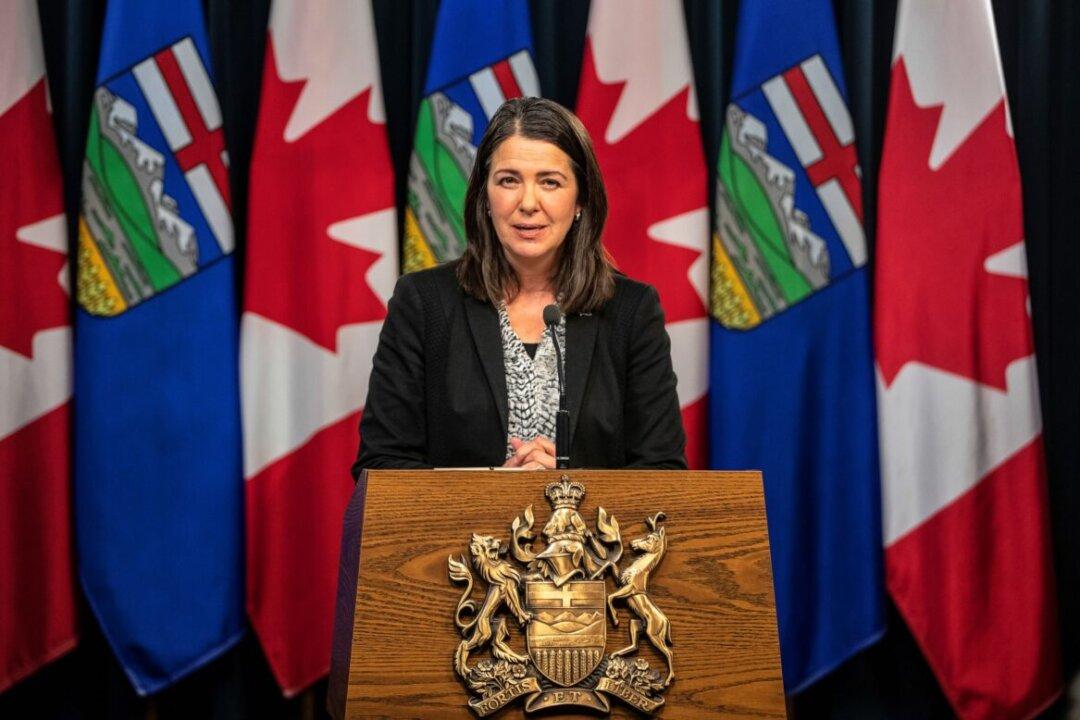The Alberta government, in a late-night session of the provincial legislature, voted 27-7 to pass the Sovereignty Act, with amendments that clarified any changes made to laws have to return to cabinet for debate.
The bill moved to a third and final reading and was approved at 1 a.m., with all of the United Conservative Party voting in favour, and the opposition NDP party voting against it at all three readings, after nine hours of debate on the bill at second reading.





